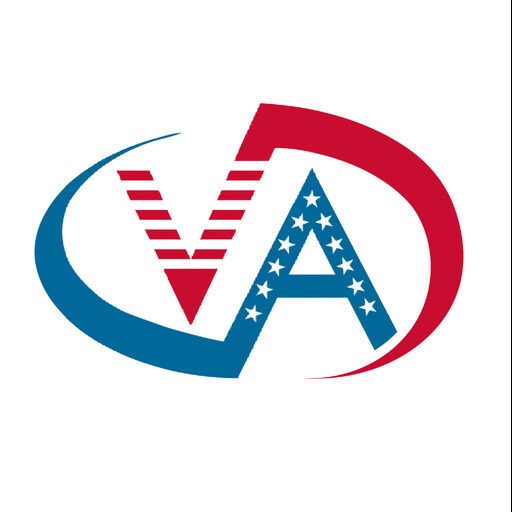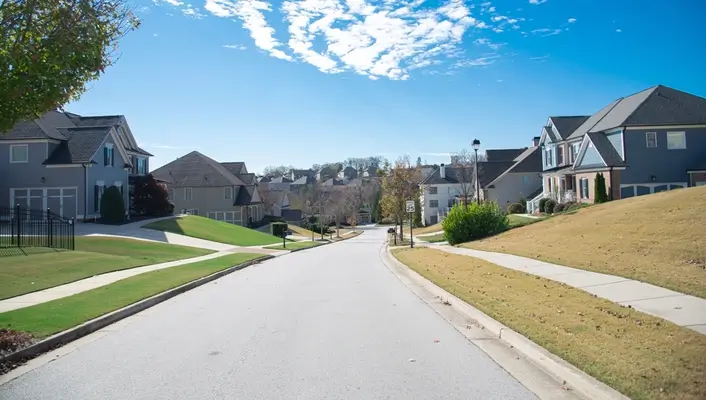
What Are CC&Rs and Why Do They Matter?
A Declaration of Covenants, Conditions, and Restrictions (CC&Rs) is a legally binding document that dictates what property owners can and cannot do in a condo or planned community. These rules exist to maintain order, protect property values, and define homeowners’ responsibilities.
As real estate attorney Michael Nadeau puts it,"CC&Rs are essentially the rulebook of the neighborhood. If you're buying into an HOA, you need to know what you're signing up for."
Key Components of CC&Rs
| Category | What It Covers |
|---|---|
| Property Use Rules | Restrictions on rentals, businesses, and modifications. |
| HOA Dues & Assessments | Monthly dues, special assessments, and penalties for non-payment. |
| Architectural Guidelines | Standards for home modifications, exterior colors, and landscaping. |
| Parking & Common Areas | Rules for guest parking, shared amenities, and storage. |
| Maintenance Obligations | Who is responsible for repairs—owners or HOA? |
Before buying a condo with a VA Loan, review the CC&Rs carefully to ensure they don’t interfere with your plans for the property.
VA Condo Approval vs. FHA & Conventional Loans:
When buying a condo, understanding how VA loan approval compares to FHA and conventional loan requirements can help you decide which financing option best suits your situation. Each loan type has different approval processes, impacting your ability to purchase a condo in a specific community.
| Loan Type | Condo Approval Requirements |
|---|---|
| VA Loan | Requires full VA project approval. The entire condo development must meet VA standards. No strict down payment requirement. |
| FHA Loan | Must be on the FHA-approved condo list. More stringent property and financial stability requirements. Allows a 3.5% down payment. |
| Conventional Loan | Generally more flexible. Condos don’t need to be on a pre-approved list, but lenders may set their own requirements. Often requires a higher down payment (5-20%). |
While VA and FHA loans require full project approval, conventional loans offer more flexibility at the cost of a higher down payment and stricter credit requirements. If a condo isn’t VA-approved, you may have better luck financing with a conventional loan—unless the HOA is willing to work toward VA approval.
Why Lenders Require CC&Rs for VA Loans
Lenders request CC&Rs to confirm that the condo meets VA loan requirements. Some HOA rules may restrict leasing, impose high fees, or create financial instability—any of which could jeopardize VA loan approval.
According to Veterans United: "Condos must meet VA guidelines to ensure a fair and stable housing investment for Veterans. Certain CC&R provisions can cause delays or outright loan denials."
CC&R Provisions That May Affect VA Loan Approval
Not all condo communities qualify for VA financing. Certain CC&R clauses can raise red flags:
1. Rental & Leasing Restrictions
- The Issue: Some CC&Rs limit renting, requiring owner-occupancy for a certain period before leasing.
- VA’s Rule: The VA wants flexibility in leasing, so strict rental caps can disqualify a condo.
2. Right of First Refusal
- The Issue: Some HOAs reserve the right to approve or reject new buyers.
- VA’s Rule: The VA typically disallows this since it interferes with an owner’s right to sell freely.
3. Special Assessments & Liens
- The Issue: HOAs can place liens on properties for unpaid dues, which could supersede the VA loan.
- VA’s Rule: The VA requires its lien position to be protected, so excessive assessments may be a concern.
4. High Transfer Fees
- The Issue: Some CC&Rs impose hefty fees when a unit is sold.
- VA’s Rule: The VA limits excessive transfer fees to keep transactions fair and affordable.
Common HOA Red Flags That May Impact VA Loan Approval
A detailed list of red flags beyond just CC&Rs, such as:
- High HOA delinquency rates (VA requires that no more than 15% of units are behind on dues).
- Pending litigation against the HOA (lawsuits can make lenders hesitant).
- Underfunded reserves (HOAs need funds for maintenance; underfunding can disqualify a property).
| Red Flag | Why It Matters |
|---|---|
| Rental caps or restrictions | VA loans require flexible leasing rules. |
| High HOA delinquencies | Lenders prefer financially stable HOAs. |
| Pending lawsuits | Litigation may signal financial risks. |
| Special assessments | Large, unexpected fees may affect affordability. |
| Developer control | VA prefers HOAs run by homeowners, not developers. |
Steps to Getting VA Condo Approval
If a condo isn’t already VA-approved, the approval process involves multiple steps.
| Step | What Happens |
|---|---|
| 1. Gather HOA Documents | Collect CC&Rs, bylaws, budget, and meeting minutes. |
| 2. Submit to VA | Lender or HOA submits documents for review. |
| 3. VA Evaluation | The VA checks for financial stability and rule compliance. |
| 4. Approval Decision | If the condo meets VA guidelines, it gets added to the VA Approved Condo List. |
Some condo approvals can take 30 to 90 days, so plan ahead if you’re considering a purchase.
What If a Condo Doesn't Meet VA Guidelines?
If CC&Rs contain rules that violate VA requirements, here are some options:
- Ask the HOA to Amend the CC&Rs
- If the issue is a minor rule, the HOA may agree to change it.
- Seek a Condo Association Waiver
- Some restrictions may be waived for VA buyers upon request.
- Consider a Different Property
- If the HOA won’t adjust the rules, you may need to look elsewhere.
As mortgage expert Chris Birk notes,"Some HOAs are willing to work with buyers to get VA approval, while others are more rigid. It’s always worth asking."
Frequently Asked Questions
Can a condo be denied for a VA loan because of CC&Rs?
Yes, if the CC&Rs have leasing restrictions, high transfer fees, or rules that conflict with VA lending guidelines, the condo may be denied.
What happens if CC&Rs don’t allow rentals?
The VA prefers condos where leasing is allowed. If the CC&Rs prohibit or heavily restrict rentals, the condo may not qualify for a VA loan.
How can I check if a condo is VA-approved?
You can search the VA Approved Condo List on the VA website or ask your lender to check for you. If a condo isn’t on the list, it may need to go through the approval process.
Does the HOA have to approve VA financing?
No, but the HOA must provide required documents (like CC&Rs and financial statements) for the VA to review.
Can I get a VA loan for a condo that isn’t VA-approved yet?
Possibly, but it requires submitting the condo for VA review, which can take weeks to months depending on the HOA’s cooperation.
What if the HOA refuses to provide CC&Rs?
If the HOA won’t share the documents, the condo cannot be approved for a VA loan. The seller or buyer may need to push the HOA to comply.
Are CC&Rs the same as HOA bylaws?
No. CC&Rs set property rules, while bylaws define how the HOA operates (e.g., board elections, meetings, and voting rights).
How long does VA condo approval take?
It varies, but typically 30-90 days. The timeline depends on how quickly the HOA provides documents and how busy the VA’s processing center is.
The Bottom Line
Before buying a condo with a VA loan, reviewing the CC&Rs is essential. These rules govern everything from leasing restrictions to HOA fees, and lenders need to ensure they comply with VA guidelines.
If a condo isn’t VA-approved, you may need to work with the HOA or consider alternative properties.
With the right approach, you can navigate the process smoothly and secure a condo that fits both VA loan requirements and your homeownership goals.

The VA Loan Network Editorial Team is comprised of dedicated mortgage specialists and financial writers committed to providing veterans and service members with accurate, up-to-date information on VA loan benefits, eligibility, and the home-buying process.








